Frameless glazing of the veranda and terrace: the subtleties of the process
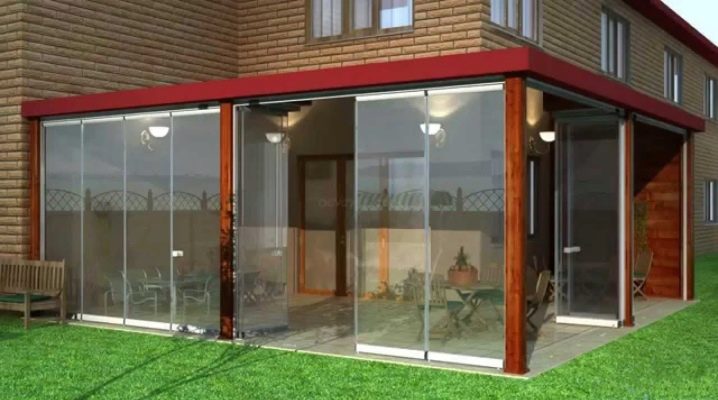
Frameless glazing began to be used in the seventies in Finland, but it is successfully used today. Currently, this system has gained wide popularity around the world. Today, the process uses the latest technology and modern high-quality materials.
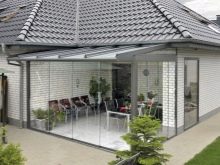
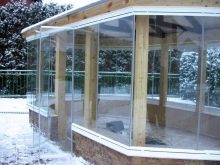
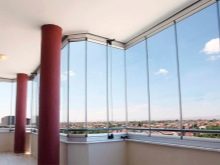
Where is it applied?
Frameless glazing is widely used due to the fact that it can be used in most rooms in which windows are located, both in cottages and private houses, and in summer cottages. The installation of glasses using this technology can be carried out on balconies, verandas and terraces.
Glazing without frames is being used more and more often, it is recommended to carry it out with the help of professional craftsmen, but you can also handle it on your own.
The main thing is not to forget that the technology requires maximum accuracy and following the instructions, then the result will delight the consumer for many years, regardless of where the structure is located.
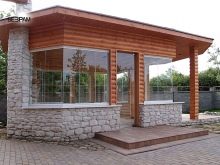
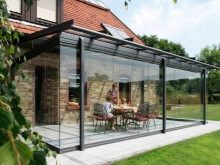
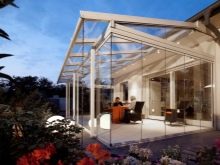
Key Features
Frameless glazing is a single coating based on tempered and very durable glass. It has different thicknesses, which should not exceed 10 millimeters.
In addition to the special strength, it is necessary to note the thermal safety of the glasses used in the process. After glazing without the use of frames, the consumer receives a flat surface without defects and distortions.
In this case, the glasses are located as close to each other as possible and are connected using a special sealing layer. This layer helps to achieve tightness at the joints, gives additional strength, excludes the penetration of dust and moisture inside.
Sliding sashes are moved by means of aluminum rails, which are fixed above and below the glass. In some cases, models may be presented in which the sashes are folded.
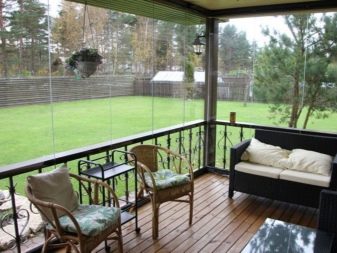
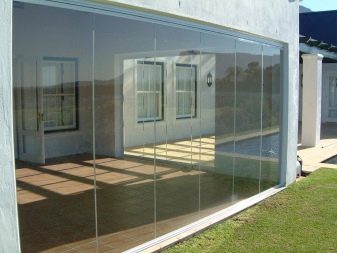
Installation technology
High-quality installation and assembly is a mandatory component of frameless glazing. Only with a competent approach to these processes, the result of the work will delight the consumer for a long period of time.
First of all, it is necessary to fix the upper flashing and attach the upper aluminum profile. The next step is to correctly install the ball bearing system. They are located in the upper profile and hold the double-row rollers.
After that, when using a silicone seal, a glass profile is installed at the top. Glass panels follow. A glass profile is placed, processed with a sealant, a lower aluminum profile is mounted.
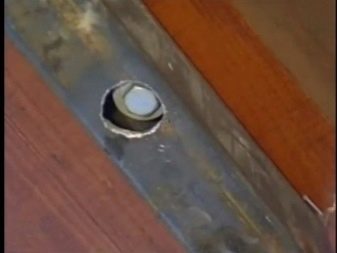
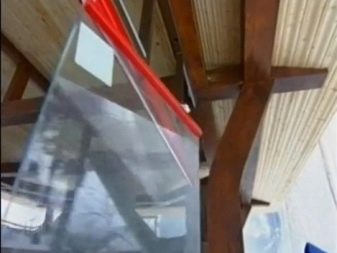
The structure must be fixed to the lower ebb barrier. After that, with the help of a sealant, possible cracks are eliminated, the joints are coated.
When working, do not use screws or nails. All joints are processed with a special glue.
In some cases, it is possible to use monolithic polycarbonate. It costs less than tempered glass. Guide profiles also have a rather high price, but their replacement with similar elements that are not intended for glazing will inevitably lead to a loss of quality at the end of the work.
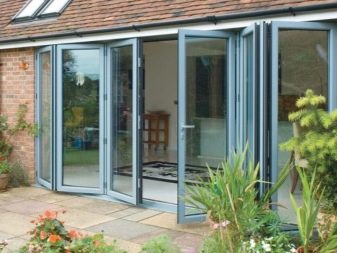
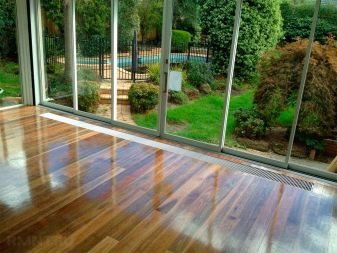
When working with a terrace, remember that the recommended glass thickness should be 10 millimeters, the height of the shutters - 3 meters.In general, the structure looks like a glass wall with a sash that will rotate. This leaf acts as a door and is equipped with a handle and a locking system.
Glazing cutting frames can be done by hand. In some cases, the consumer can replace the basic materials with similar ones.
When using not tempered glass, but polycarbonate on the terrace, certain conditions must be met. The area of the upper cut is covered with a special film, and holes are left around the perimeter of the lower cut for the free flow of water in order to avoid clouding of the material. It is recommended to use thermal washers when fastening the sheets, and rubber pads to protect the edges of the canvas.
If a transparent roof is intended, it is also made of polycarbonate. This will make the whole room light and airy.
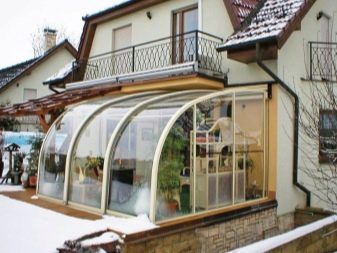
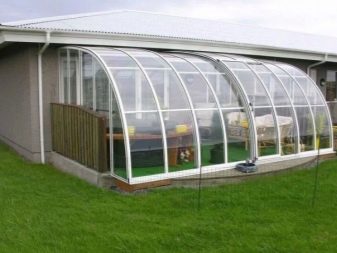
Advantages and disadvantages
The use of frameless glazing gives the room an open, stylish and elegant look. When applied on a veranda, it becomes possible to open its windows entirely. Moreover, the technology is absolutely safe.
The doors are fixed with locks, which means that the possibility of their free opening is excluded. Strong and thick glass is able to withstand quite serious loads, protects the room from moisture, dust and wind. In addition, the system does not cause difficulties in maintenance and operation, is easy to clean and has a long service life.
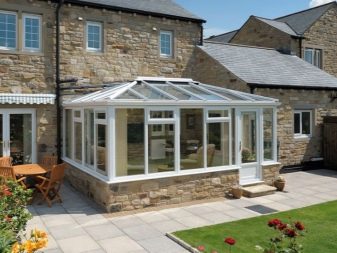
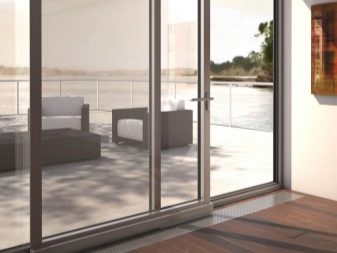
Due to the size of the glass, the room becomes more open and bright. In case of possible damage to the glass, it does not disintegrate into fragments and it is impossible for them to be injured. In addition, the market offers various options for the shape of glazing, so you can make your version of the veranda non-standard.
Among the disadvantages, it can be noted that the glazing will not affect the temperature regime in the room. In addition, the tightness of the structure does not imply its sound insulation, which means that it will not be possible to protect against noise coming from outside. The system does not include a mosquito net. And finally, frameless glazing is not a cheap procedure.
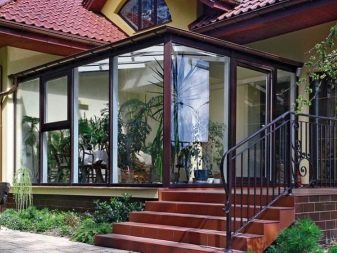
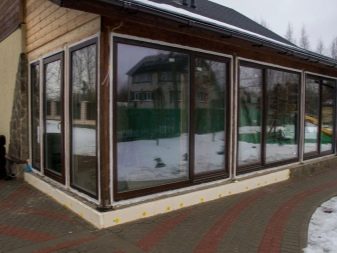
Correct care
Verandas and terraces with frameless glazing are easy to maintain and maintain. It is recommended to spray them with silicone spray once a year.
To avoid defects and scratches on the glasses, they should not be wiped with newspapers. Although this method can be quite effective for cleaning, however, over time, it will inevitably lead to damage to the surface.
The use of chemical compounds is not recommended. Also, when processing, it is better to use a soft, damp cloth.
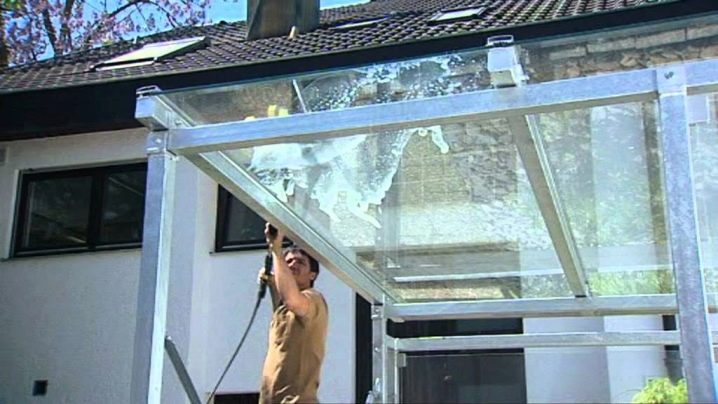
Frameless glazing is gaining increasing popularity all over the world. It is used in apartment buildings, private and country houses, in cottages and in summer cottages. Why are consumers increasingly using this technology?
First of all, the protective function of this system is noted. In areas with an unfavorable climate, where there is frequent precipitation and strong winds, frameless glazing can become an indispensable assistant. It protects the room from the penetration of dust and dirt, humidity and the effects of various weather conditions. In rooms adjacent to the veranda, condensation and mold are often observed. With frameless glazing, this problem is easily solved.
In addition, the exterior of the veranda or terrace becomes more stylish and modern. The space visually expands, and the joints between the glasses are completely invisible, which creates the effect of a glass wall.
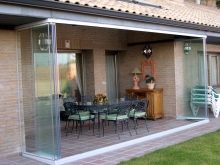
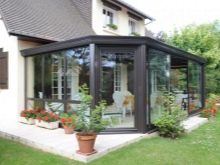
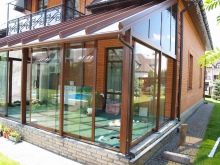
The newest technologies and modern high-quality materials used in the process of work guarantee strength, reliability of the structure and a long service life. Glass resists external influences, it is difficult to damage or break it, and the closing mechanism helps to protect the structure from burglaries.
When glass is broken, it crumbles into cubes, which cannot be cut, has no sharp edges and fragments. This guarantees safety for the consumer even in the event of emergency situations.
It should be noted the aesthetic function of frameless glazing. The room becomes light, looks modern and original. The undoubted advantage is that the technology can be used in most rooms with glass. The main thing is to observe the technology when installing the structure and take into account all the features of this method.
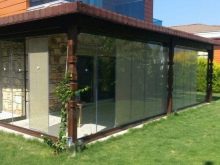
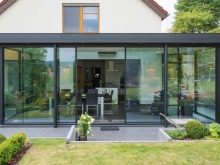
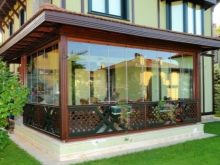
For tips on how to choose frameless glazing, see the following video.




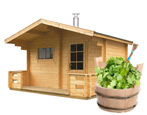
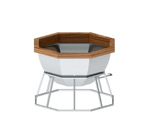
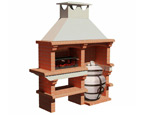
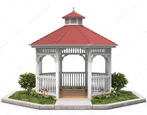

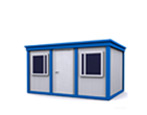

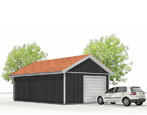
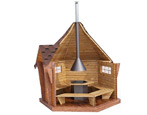
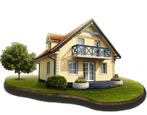
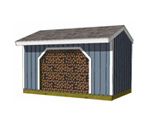
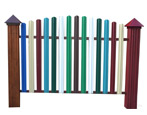
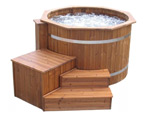
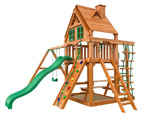
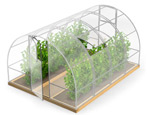
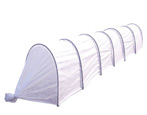
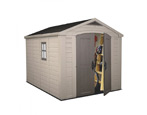
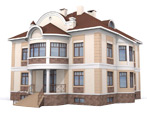







































The comment was sent successfully.